Hans Hoppe’s speech for the 2012 Annual Meeting is now available:
2025 Annual Meeting of the PFS
As noted here, the 2025 Annual Meeting of the Property and Freedom Society was held from Thursday, September 18, 2025 to Tuesday, September 23, 2025, in Bodrum, Turkey, at the Hotel Karia Princess.
Those interested in attending future meetings should contact Mr. Thomas Jacob ([email protected]) (Administrative Secretary/Membership), regarding conditions, availability, and requirements.
Speakers and topics for previous Annual Meetings may be found here.
PFS Members/Attendees may sign up to the PFS-Announce Google Group or email Stephan Kinsella ([email protected]).
Archives
Categories
Donate
To donate with BITCOIN please use the address below. If you would like us to credit your payment (for dues, conference fees, etc.) please email Stephan Kinsella ([email protected]) when you make the bitcoin payment.
17M9V6m5X5Da4vNM5wWLjzcHz9qF36FPk6
“Property does not exist because there are laws, but laws exist because there is property.” — Frédéric Bastiat
“Because the concept of property, for instance, is so basic that everyone seems to have some immediate understanding of it, most people never think about it carefully and can, as a consequence, produce at best a very vague definition. But starting from imprecisely stated or assumed definitions and building a complex network of thought upon them can lead only to intellectual disaster. For the original imprecisions and loopholes will then pervade and distort everything derived from them. To avoid this, the concept of property must first be clarified.” —Hans-Hermann Hoppe, TSC, ch. 2
The Property and Freedom Society (PFS; Facebook) stands for an uncompromising intellectual radicalism: for justly acquired private property, freedom of contract, freedom of association—which logically implies the right to not associate with, or to discriminate against—anyone in one's personal and business relations—and unconditional free trade. It condemns imperialism and militarism and their fomenters, and champions peace. It rejects positivism, relativism, and egalitarianism in any form, whether of "outcome" or "opportunity," and it has an outspoken distaste for politics and politicians. As such it seeks to avoid any association with the policies and proponents of interventionism, which Ludwig von Mises identified in 1946 as the fatal flaw in the plan of the many earlier and contemporary attempts by intellectuals alarmed by the rising tide of socialism and totalitarianism to found an anti-socialist ideological movement. Mises wrote: "What these frightened intellectuals did not comprehend was that all those measures of government interference with business which they advocated are abortive. ... There is no middle way. Either the consumers are supreme or the government."
(A more complete statement of our Principles can be found here.)
Links
- HansHoppe.com
- Institut Coppet (France)
- LewRockwell.com
- Libertarian Guide wiki
- Libertarian Papers
- Libertarian Standard, The
- Liberty Australia
- Mises Barcelona
- Mises Brazil
- Mises Canada
- Mises China
- Mises Colombia
- Mises Czech Rep.
- Mises Ecuador
- Mises Estonia
- Mises Finland
- Mises Germany
- Mises Global
- Mises Iceland
- Mises Institute-U.S.
- Mises Israel
- Mises Italy
- Mises Japan
- Mises Netherlands
- Mises Poland
- Mises Portugal
- Mises Romania
- Mises Russia
- Mises South Africa
- Mises Spain
- Mises Sweden
- Mises Switzerland
- Mises Turkey
- Mises Ukrain
- Rothbard Belgium
- StephanKinsella.com
- Union Editorial
- Honest Money, Honest Men December 23, 2025 Reginald Godwyn
- Beethoven’s Bonds: Patronage, Friendship, and the Truth Behind the Myth December 22, 2025 Sebastian Wang
- Children of the Night (2023): Gay Vampires, But Nothing to Suck On December 21, 2025 Bryan Mercadente
- Suicide Squad (2016): An Exercise in American Delusion December 20, 2025 Bryan Mercadente
- The Drumbeat for Conscription: Why War with Russia is the Regime’s Last Throw December 19, 2025 Bryan Mercadente
- The Manufactured Collapse: How Inflation Is Being Used to Enslave America December 18, 2025 Len D. Pozeram
- Women in the Roman West: An Epigraphic Case for Equality December 17, 2025 Sebastian Wang
- A message to Wes Streeting MP and others on mask-wearing for ’flu December 17, 2025 Neil Lock
- New Book on Trade Theory December 17, 2025 Alan Bickley
- A Managerial Utopia in Three Pages: Reading the WHO’s Digital Immunisation Blueprint December 16, 2025 Reginald Godwyn
- Tepper & Hearn: The Myth of Capitalism: Monopolies and the Death of Competition: Missing the Point December 21, 2025 Stephan Kinsella
- IP Proponents Do Not Even Know The Difference Between Patent, Copyright, Trademark … December 11, 2025 Stephan Kinsella
- Concise Tweet on the Problem with IP December 8, 2025 Stephan Kinsella
- Right to Repair December 5, 2025 Stephan Kinsella
- Industry Opposition to Patent Challenges December 4, 2025 Stephan Kinsella
- The Problem with IP, Illustrated December 2, 2025 Stephan Kinsella
- Court to consider billion-dollar judgment for copyright infringement November 25, 2025 Stephan Kinsella
- Patent Lawyer and Mentor Opposes Property Rights in Ideas November 24, 2025 Stephan Kinsella
- The Patent Bay Non-Assertion Patent Pledge November 23, 2025 Stephan Kinsella
- Mackaay, “Economic Incentives in Markets for Information and Innovation” November 22, 2025 Stephan Kinsella
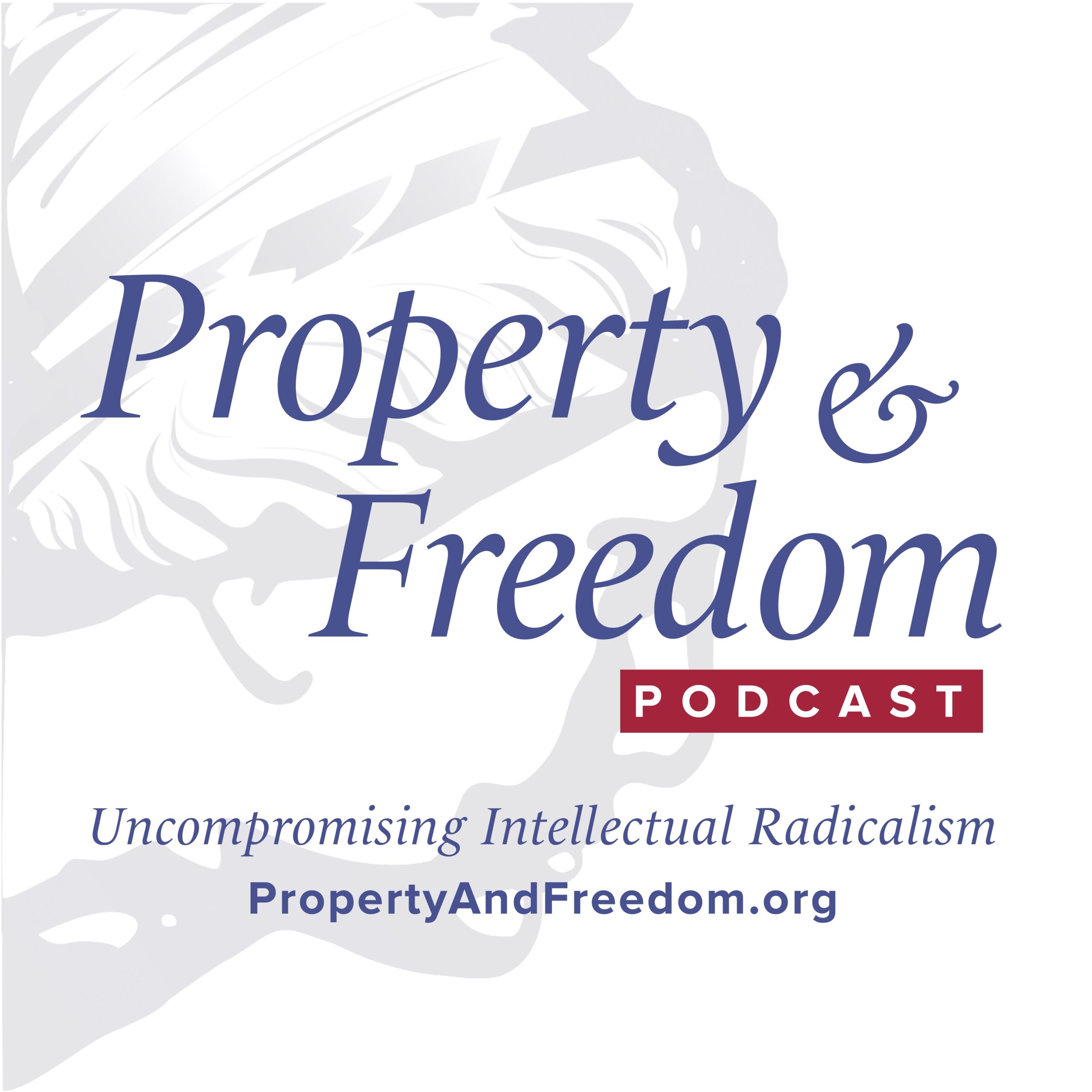


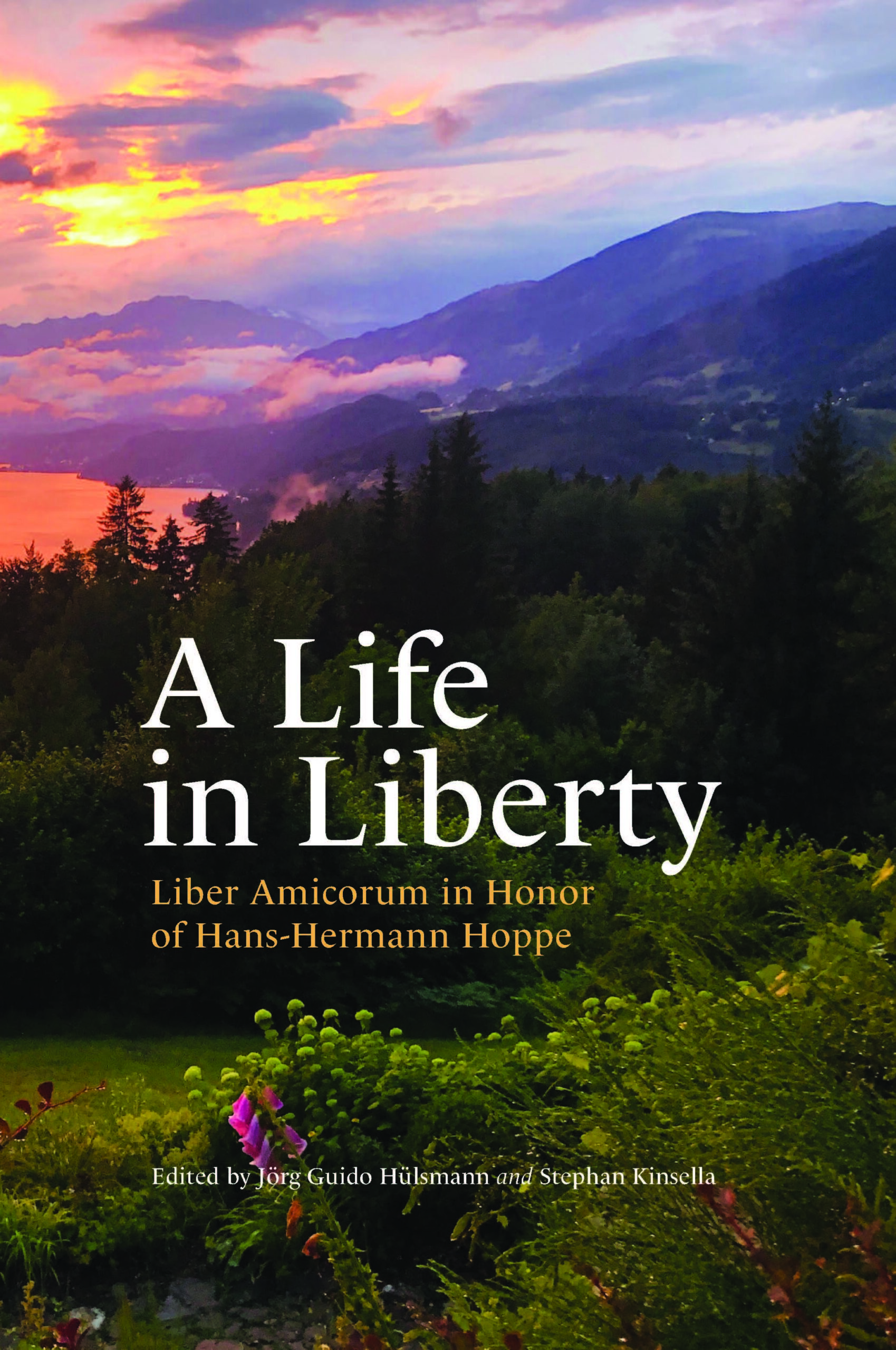
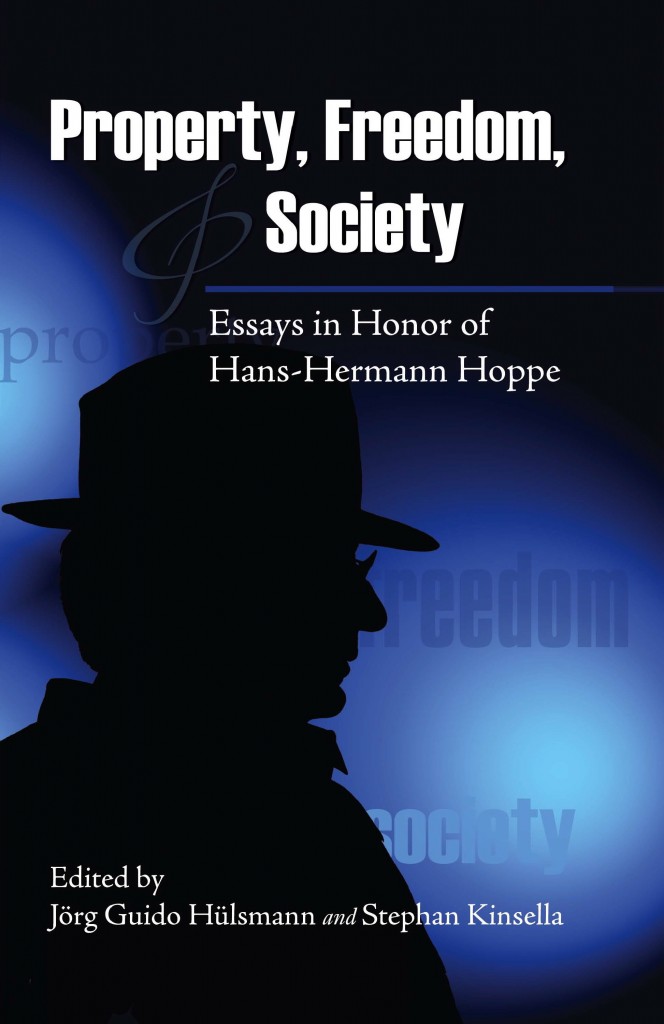
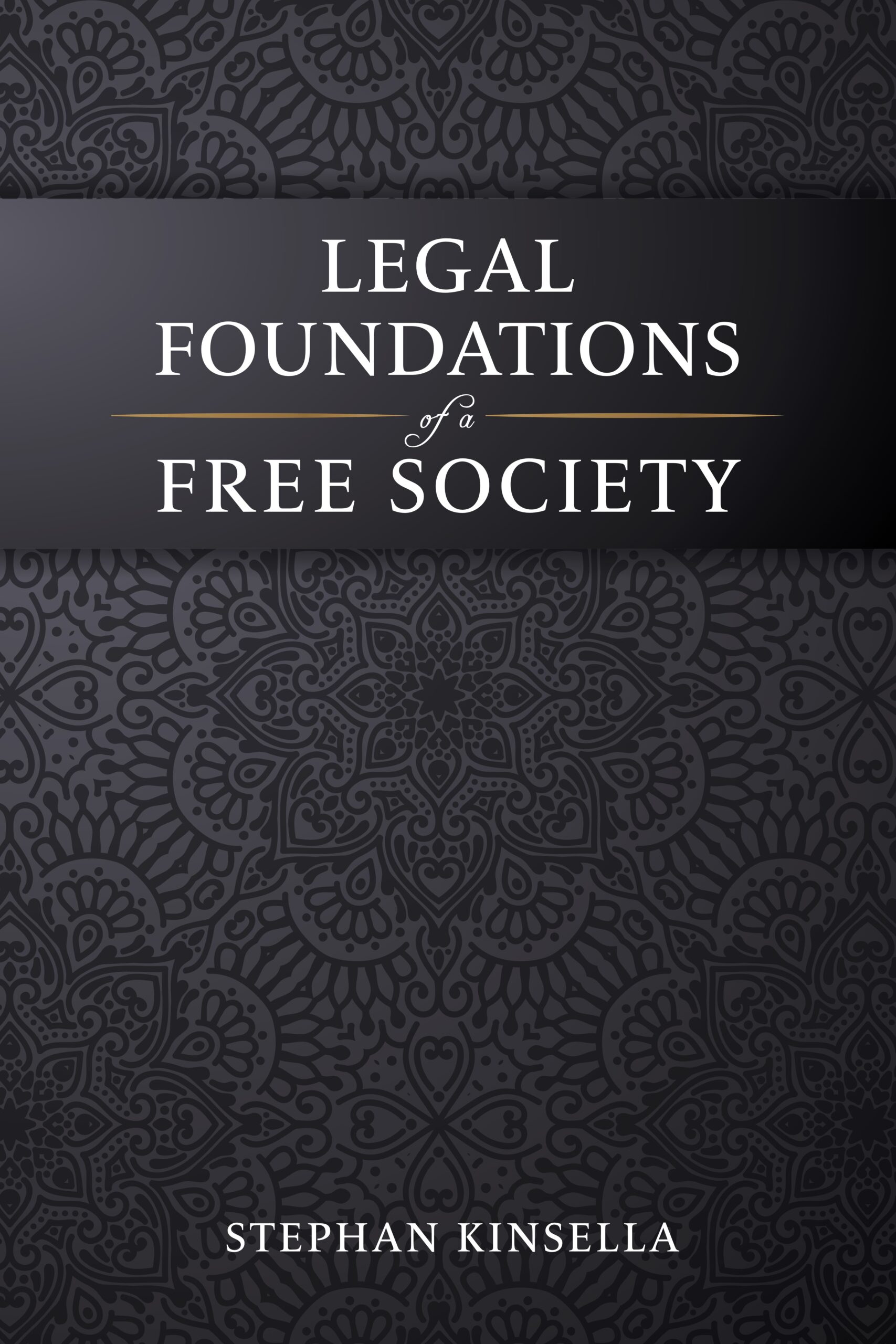


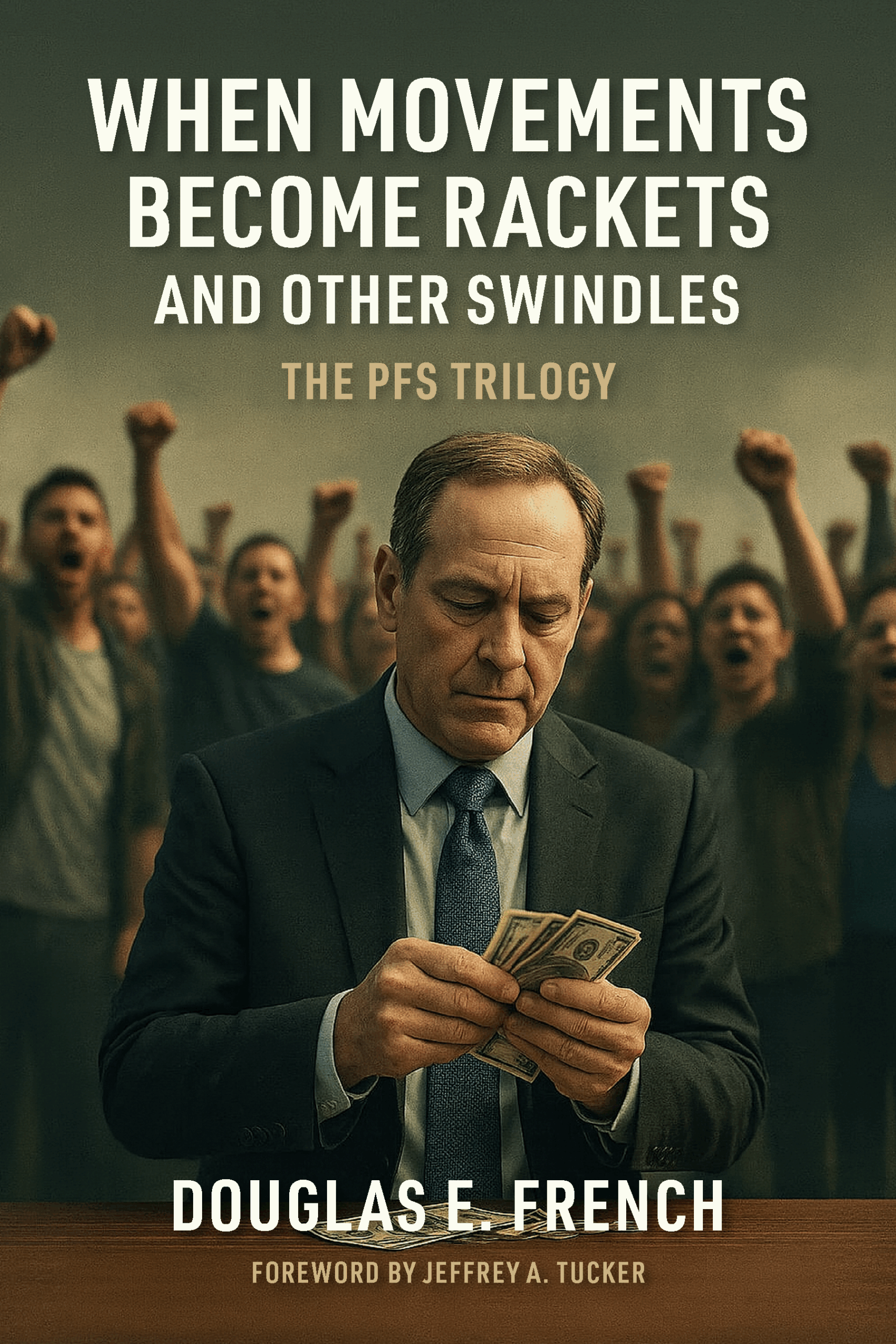


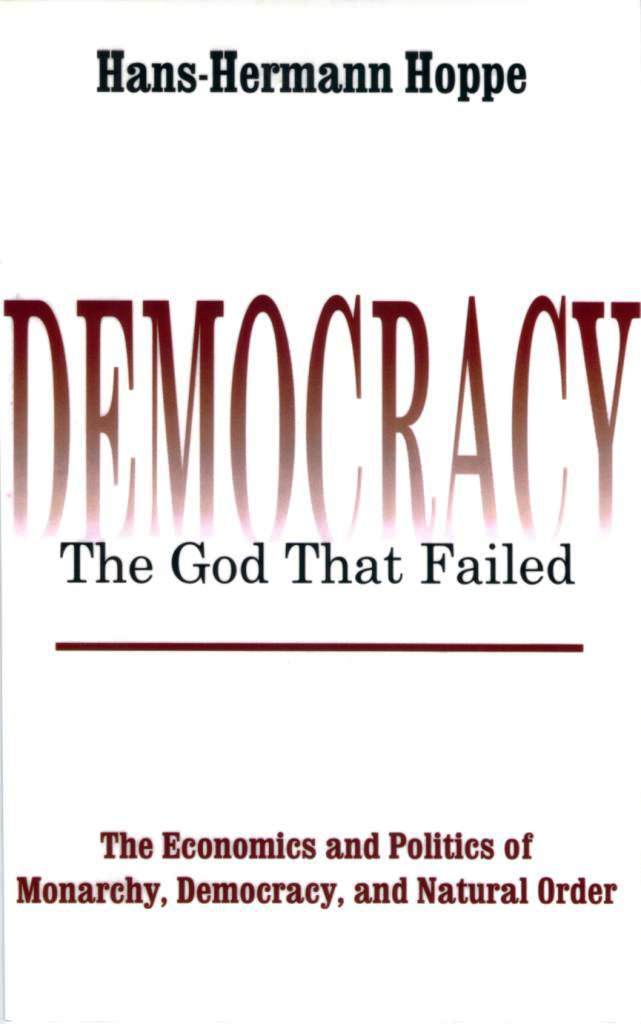


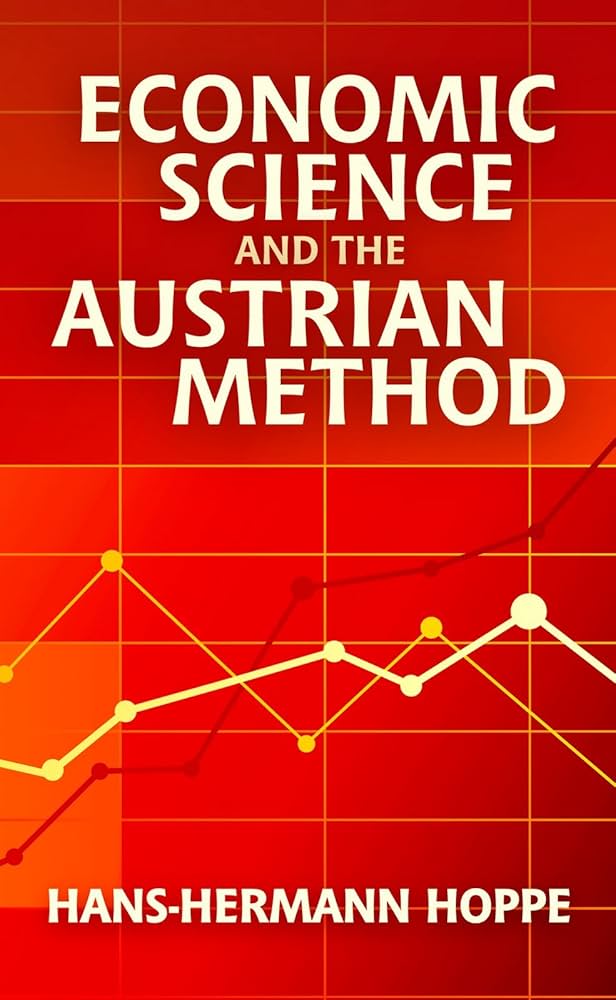
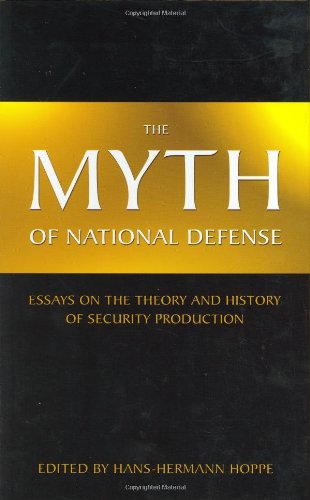
In F. A. Hayek and the Concept of Coercion, Rothbard states that “It seems clear that the fundamental problem is Hayek’s use of ” coercion” as a portmanteau term to include, not only physical violence but also voluntary, nonviolent, and non-invasive actions such as nagging. The point, of course, is that the wife or husband is free to leave the offending partner, and that staying together is a voluntary choice on his or her part. Nagging might be morally or aesthetically unfortunate, but it is scarcely “coercive” in any sense similar to the use of physical violence.”
However, suppose that the wife or husband leaves the offending partner, but the offending partner in response starts stalking and bullying in public his wife or husband. I find it hard to see this not as a case of coercion.
Or consider mobbing in the workplace. Done by colleagues, subordinates or superiors, the goal of mobbing is to force someone out, using gossip, ostracism, innuendo, humiliation, ridicule, intimidation, and just plain meanness. Many suicides are the result of mobbing in the workplace. Wouldn’t that be a case of coercion inflicted on an employe? Must the employe terminate his employment voluntarily in order to be free from mobbing behaviors?
Now I understand why he won the Nobel Prize!
Given that men are striving, appetitive, goal-seeking beings, and that in fact their needs and wants are vast beyond enumeration and intense beyond measure, we can ask: Under what conditions is anarchy – the ideal societal state – a possible societal state?
There are two such conditions.
The first would be an environment that contains such a plenitude of satisfactions, an environment so bountiful and benign, that no man would even need to fear frustration of any aim he might have.
The second condition would be a human nature that is totally benevolent or loving.
—
If anarchy is the ideal societal state, but one that is impossible except under those special circumstances, it follows that the corruption of this ideal must be minimal if the maximum goodness possible is to be obtained. Or in other words, since the restriction of any man’s freedom by coercive law is an unqualified evil, then no man’s freedom should be restricted more than is necessary for the avoidance of even greater evil.
—
On what principle, then, is it permissible to thus restrict human freedom – that is, to generate coercive criminal laws?
There can, properly, be only one such principle: the prevention of injury. There appear to be only three ways in which men can properly be said to injure each other, and these are: (1) assault, (2) theft, and (3) fraud. No man needs to be taught that an assault upon himself is something bad, and the same is true of theft and fraud.
All three terms should be construed fairly broadly, but not so broadly as to include everything that anyone happens to dislike: among the things that are NOT to be counted as injuries are mere offenses to taste or sensibility (conventional injuries), such as: offensive language, eccentric styles of dress and grooming, disregard of certain sabbatarian observances, desecration of religious or patriotic symbols.
—
Injury must mean something fairly definite and cannot be expanded to include everything under the sun that this or that man wish to abolish. Otherwise there will really be no principle of legislation at all , other than that of prohibiting what someone happens not to like, which is really the abandonment of principle altogether.
Concerning any practice the lawmaker may ask only: Is it injurious to anyone but the agent? And if he is able to answer “yes” to that question, then he needs to ask still ANOTHER: Is the injury thus wrought of a kind that would be felt by all or most men, independently of their customs and conventions? And only if THAT question, which is a question of sociology rather than of jurisprudence, can yield no answer but “yes” does the lawmaker have any concern with the practice at all.
“Freedom, Anarchy and the Law” by Richard Taylor
You must log in to post a comment. Log in now.